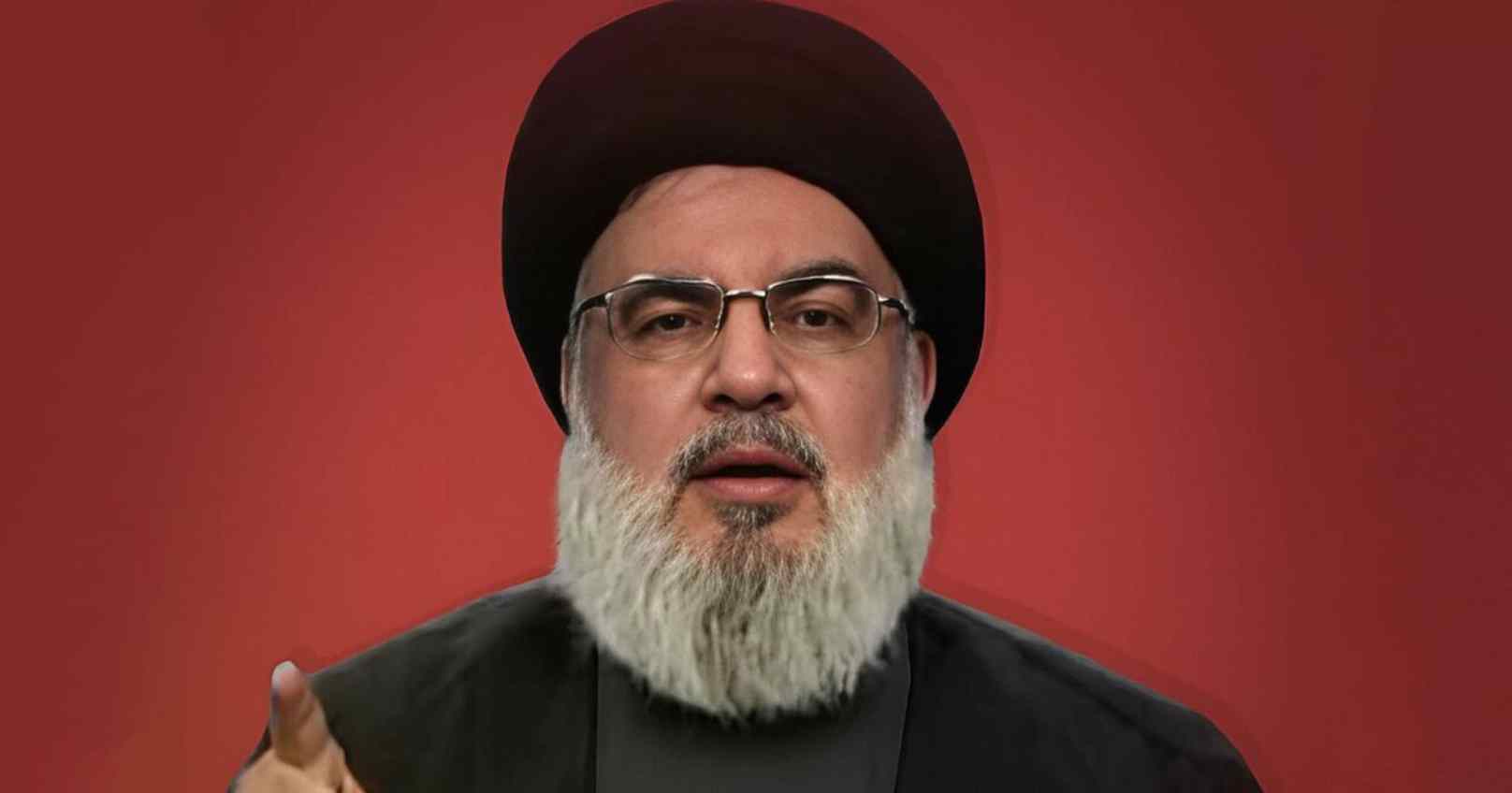In the wake of Hezbollah leader Hassan Nasrallah's death due to an Israeli airstrike in Beirut, there has been a notable increase in the number of newborns named in his honor across Iraq. The Iraqi health ministry reported that approximately 100 babies have been registered under the name "Nasrallah."
For over three decades, Nasrallah was a prominent figure in Hezbollah, widely viewed as a symbol of resistance against Israeli and Western influence in the Arab world. He garnered significant support in Iraq, especially among the Shia majority, and his assassination incited widespread anger, leading to large-scale protests in cities like Baghdad. Demonstrators condemned Israel's actions, calling it a violation of international law.
Iraqi Prime Minister Mohammed Shia al-Sudani referred to Nasrallah as "a martyr on the path of the righteous." In tribute, a three-day period of state mourning was observed, with vigils held nationwide to honor the fallen leader.
Nasrallah's connections to Iraq are profound, stemming from both religious and political ties. Born in 1960, he studied at a Shia seminary in Najaf, Iraq, where he began to form his political ideology and joined the Dawa party, paving the way for his future in militancy.
He joined Hezbollah in 1982 after Israel invaded Lebanon and rose to prominence as its leader in 1992 following the assassination of his mentor, Abbas Musawi. Over the years, he transformed Hezbollah into a significant regional force, influencing conflicts across the Middle East, including in Syria and Yemen, and supporting Palestinian fighters in Gaza.
Under Nasrallah's leadership, Hezbollah expanded its military and political influence, providing weaponry to groups like Hamas and other militias as part of a broader ‘Axis of Resistance’ against Israel and its allies. His popularity among Iraqis surged, particularly among those opposed to the U.S. presence in Iraq post-2003, reinforcing his image as a symbol of resistance to Western intervention.
However, his leadership was also met with criticism. While many admired him, others accused him of being an Iranian proxy, exacerbating sectarian tensions in Lebanon. His involvement in the 2005 assassination of former Lebanese Prime Minister Rafiq al-Hariri further polarized the nation, and Hezbollah's role in the Syrian Civil War alienated many Sunni Lebanese.
Despite condemnation from Iran and its allies in Iraq and Syria regarding Nasrallah's death, other Arab nations, especially Gulf states led by Saudi Arabia, have maintained a distance. This divide underscores the ongoing sectarian conflicts and differing geopolitical priorities in the region.
Israel's decision to target Nasrallah appears to be a strategic effort to undermine Iran's influence. However, the strong wave of support for him, particularly in Iraq, indicates that his legacy of resistance may endure beyond his passing.







